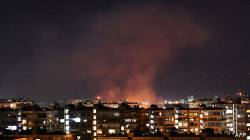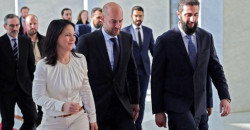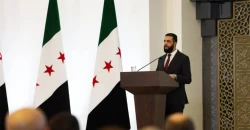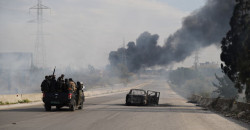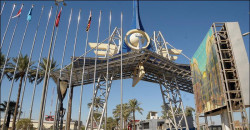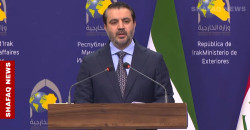Far-fetched fears: Iraq downplays risk to Syria’s al-Sharaa during visit
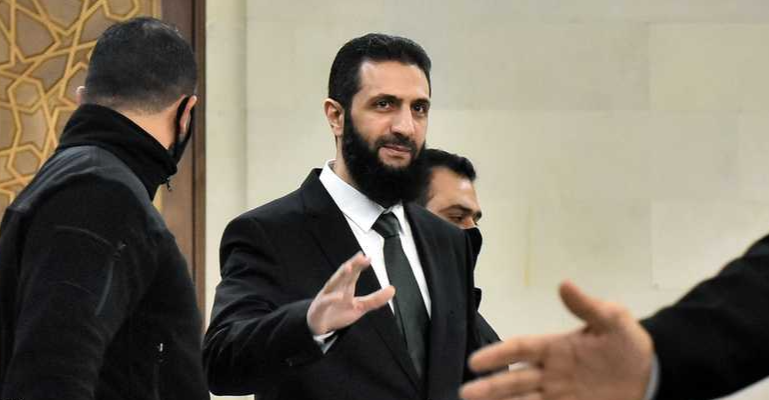
Shafaq News/ On Wednesday, Iraq’s al-Nasr (Victory) Coalition, led by former Prime Minister Haider al-Abadi, dismissed concerns about possible threats to Syrian transitional President Ahmad al-Sharaa if he visits Baghdad soon, amid sharp political disagreements over Iraq’s ties with Damascus.
Speaking to Shafaq News, coalition spokesperson Aqeel al-Rudaini said the Iraqi government would be fully responsible for al-Sharaa’s protection during any official visit. “Even those who oppose the visit are unlikely to act in a way that would harm the government or tarnish Iraq’s reputation,” he said. “Targeting him is far-fetched—he would be under state protection.”
Al-Rudaini also addressed legal concerns surrounding al-Sharaa—also known as Abu Muhammad al-Jolani, former leader of al-Nusra Front—who reportedly faces an outstanding Iraqi arrest warrant dating back to his time in al-Qaeda. “There are international protocols,” al-Rudaini affirmed, noting that Iraq has not enforced numerous warrants against foreign individuals, including a pending arrest order for US President Donald Trump.
“You don’t arrest a sitting head of state during an official visit.”
Legal expert Mohammed Jumaa echoed that point, explaining that under both Iraqi and international law, heads of state enjoy immunity during their tenure. “Any past charges against President al-Sharaa are effectively nullified while he holds office,” he told Shafaq News.
The possibility of al-Sharaa visiting Baghdad has deepened divisions within Iraq’s Coordination Framework, a bloc of Shiite political factions. A recent internal meeting exposed rifts, with senior figures such as Asa'ib Ahl al-Haq leader Qais al-Khazali absent, and State of Law leader Nouri al-Maliki leaving early due to disagreements—particularly over normalizing ties with Syria’s transitional government under al-Sharaa.
According to a political source familiar with the talks, Prime Minister Mohammed Shia al-Sudani defended his government’s outreach to Damascus during the meeting. He argued that increased cooperation with Syria could bolster Iraq’s border security and disrupt ISIS infiltration attempts, while also easing US pressure over Baghdad’s regional posture.
